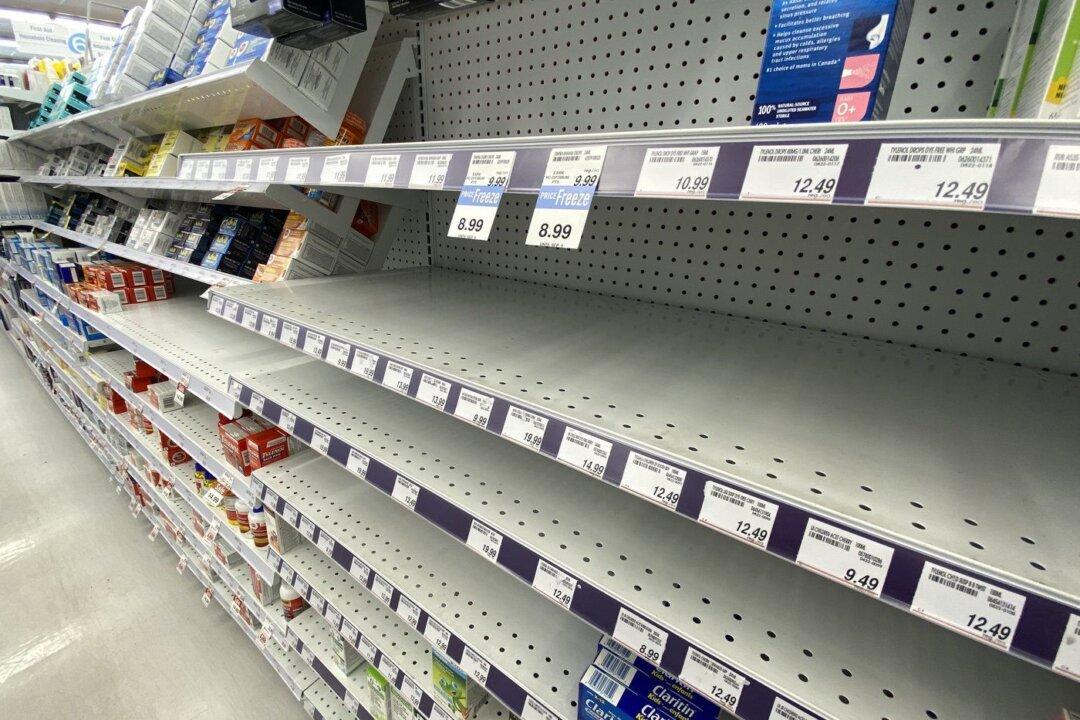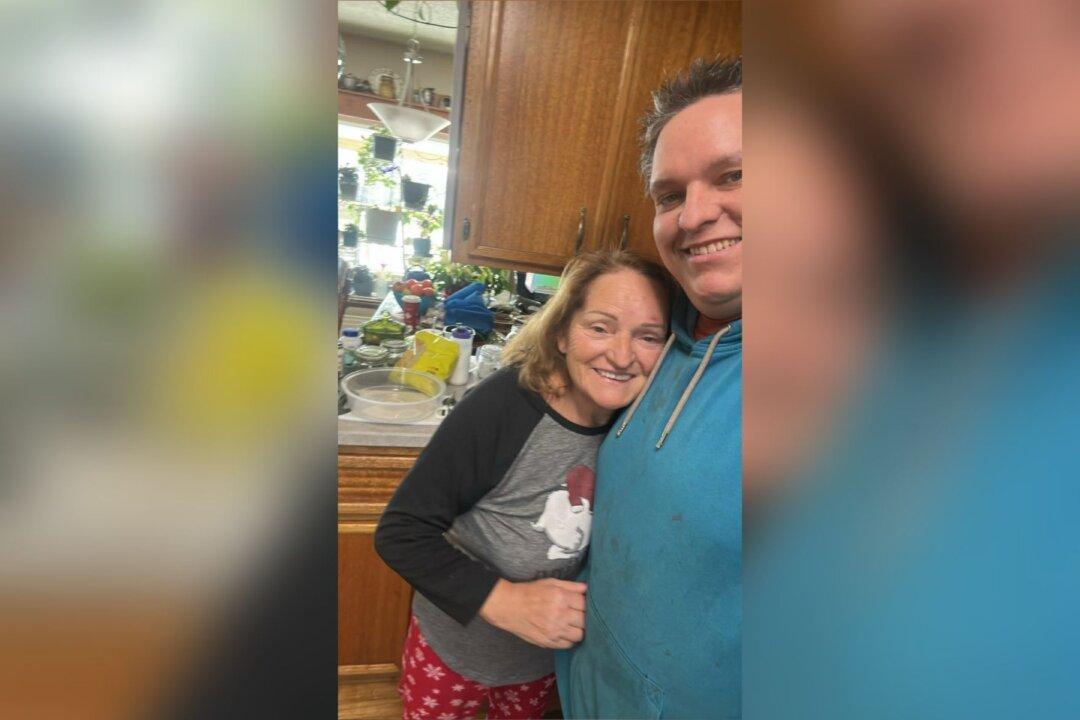The shortage of pediatric medication in Canada last year led to a spike of dosing errors in children in Ontario, new research shows.
The study, published Wednesday in the New England Journal of Medicine, examined the effect of the shortage of children’s ibuprofen and acetaminophen, which forced parents to crush up pills of the drugs intended for adults in order to treat their children.





